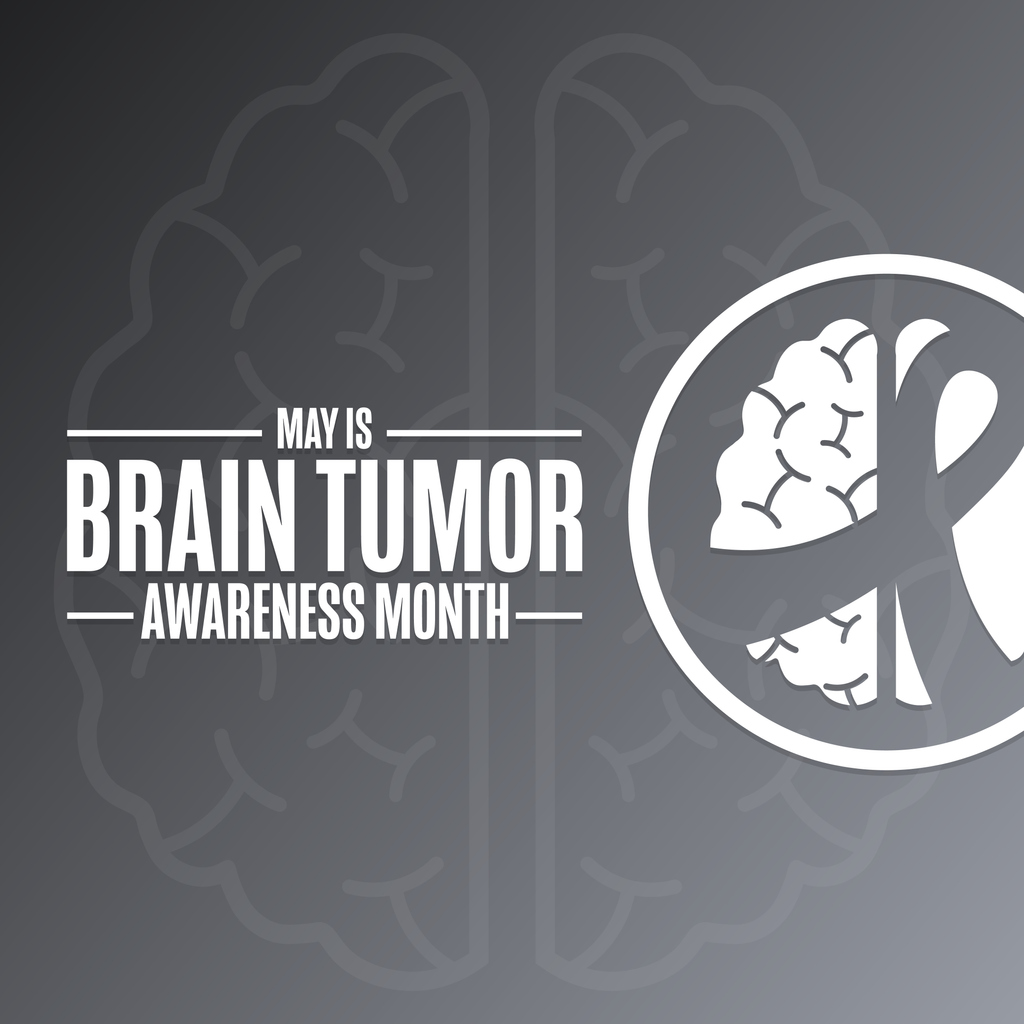Awareness Efforts Focus on Brain Cancer And SSDI Provides A Lifeline

No one wants to hear the diagnosis that they have a brain tumor. Unfortunately, nearly 1 million Americans are estimated to be living with a brain tumor, and this year alone, more than 94,000 people will receive a primary brain tumor diagnosis, according to the National Brain Tumor Society (NBTS). While approximately 72% of all brain tumors are benign, about 28% are malignant and “brain tumors can have lasting and life-altering physical, cognitive and psychological impacts on a patient’s life,” explains the NBTS.
Social Security Disability Insurance (SSDI) can be a lifeline for individuals who must stop working because of a brain tumor or brain cancer diagnosis.
This May, organizations such as NBTS and the American Association for Cancer Research (AACR) are joining other advocates to build awareness for brain tumor and brain cancer, with a focus on raising funds for research and treatment, and to support the broader community of individuals who are living with this disease or facing diagnosis.
The National Cancer Institute reports that nearly 25,000 people in the U.S. are expected to be diagnosed with brain and other types of nervous system cancers in 2023.
While we may have a general understanding of brain tumors and brain cancer, the AACR explains that there are several types of brain and spinal cord tumors caused by an abnormal growth of cells. They may be benign or malignant. As they grow, they press on nearby areas of the brain, often causing that part of the brain to cease working as it should.
Tumors that start in the brain — primary brain tumors — may spread to other parts of the brain or to the spine, but rarely spread to other areas of the body, according to the AACR. Metastatic brain tumors — more common than primary brain tumors — typically start elsewhere in the body and spread to one or more parts of the brain. Approximately 50% of metastatic brain tumors result from lung cancer.
The Social Security Administration includes forms of brain cancer or brain tumors in its list of Compassionate Allowances (CAL) for those individuals who apply for disability benefits. These critical conditions are accelerated for quicker SSDI benefit approval.
For more than 39 years, Allsup professionals have helped people with disabilities and serious illnesses or conditions understand the complex SSDI process and secure the benefits they have earned while working. One of the first steps we take is to determine whether someone’s condition is on the Compassionate Allowance list. We then gather all the required medical information, work history and evidence of how their illness has impacted their daily life to build the best case for disability claim approval.
While they await approval, SSDI applicants can turn to Allsup’s exclusive offering, Disability Financial SolutionsSM, for help with financial issues, including credit card and medical bills, food, utility and prescription drug expenses, and even mortgage or rent payments.
Since 1984, Allsup has helped over 375,000 customers receive the SSDI benefits they have earned while working. Now, Allsup can also help relieve the financial stress that may come while waiting for disability benefit approval.
Help with SSDI Claims and Appeals
For more information about eligibility, applying for SSDI benefits or filing your appeal if you were denied, visit Allsup.com/apply-for-ssdi or call 1-800-678-3276.
